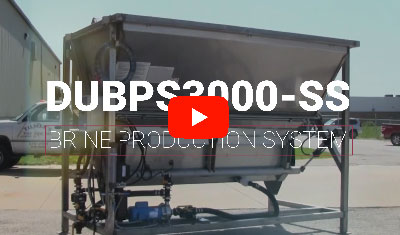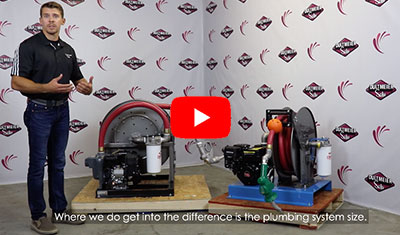You have no items in your shopping cart.
Ball Valves
from Banjo Corp, Teejet, Dixon, Parker Hannifin, Bee Valve & More
Ball Valves are one of the most common valves, across all industries. Ball valves operate by rotating a ball with a hole through the center. When the valve is closed, the convex side of the ball is shown. When the valve is open, the hole is shown. There are a few different options available for ball valves, mainly whether they are standard port or full port, and whether they are high-pressure or low-pressure. Some ball valves can also be operated remotely, mainly through pneumatic or electric motor-operated means. One main difference between ball valves is what type of port they have. Standard port ball valves are cheaper but tend to restrict flow, while full port ball valves are more expensive but do not. This is because the size of the ball's hole is smaller than the pipe on a standard port valve, while the hole is the size of the pipe on a full port valve. Check out our post about port size for more information..
Operating pressure is another very important factor to consider when selecting a ball valve. Using a low-pressure valve in a high-pressure application could have dangerous results. Low-Pressure is typically considered anything below 150 psi. Using the correct pressure valve will reduce the possibility of injury and lessen the chance of valve or system damage. Our blog has more information about valve operating pressure.
Dultmeier Sales offers a variety of ball valves capable of remote operation, as well. Most common are pneumatic, or air-actuated, and electric motor-operated ball valves. Pneumatic valves see the most use in chemical facilities, fertilizer plants, or industrial plants. Electric ball valves see use in agricultural spraying applications, in turf industries, and in the liquid deicing industry, where pneumatic airlines would freeze. For more information on actuation, check out our blog.
















































